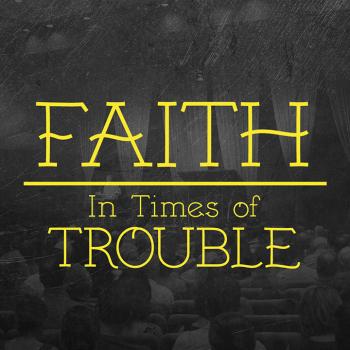I admired The Christian World of the Hobbit because it took my love for the story and connected it to the central problems of my own life. In his book, Professor Brown tells us that one of Tolkien's favorite themes was the ennobling of the ignoble—the recognition that those who seem small and unimportant can nonetheless accomplish great things. (160) The hobbits represent this theologically-sound teaching in The Hobbit and The Lord of the Rings, and their stories remind us that what we do matters. If even hobbits can be a part of the saving of the world, then why can't we?
To paraphrase Tolkien, what is important in this life is what we do with the times we are given. A great work of great imagination like The Hobbit and its forthcoming film adaptations can entertain us, but thankfully, it can also remind us that we are on an adventure, and that everything we do matters.
:::page break:::




